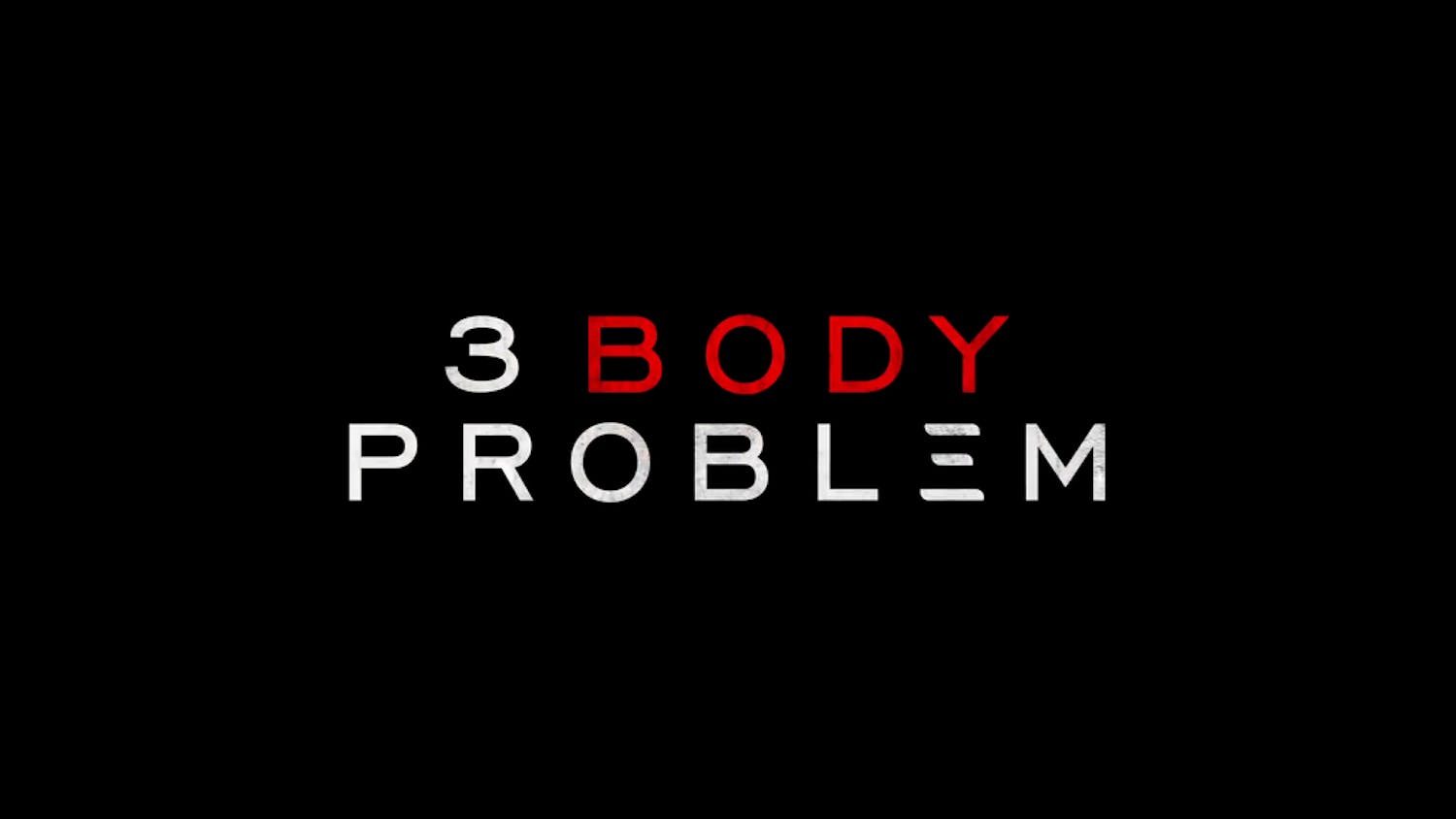Throughout his fairly prolific career, Moby has never been afraid of experimentation, which, as one would expect, yields a decidedly mixed bag of results. Over the course of his numerous albums, Moby has embraced eclecticism as much as an electronic artist can; that is, while still remaining within his chosen genre.
"Hotel," Moby's recently released double LP, does not stray from this trend; indeed, "Hotel" is about as different from "18" (2002), as "18" was from "Play" (1999), two of his most recent (and critically acclaimed) works. Most notably, Moby has all but abandoned the voice sampling that was pervasive on "18." Instead, he opts to sing - or, in this case, talk - through virtually all of the vocal tracks.
This, however, is surely not a bad thing, as Moby's somewhat awkward voice perfectly complements his instrumentals (think "Southside" from "Play"), and when certain songs require a greater vocal range than he alone can provide, he enlists the help of guest vocalist Laura Brown. The interplay between the two on songs like "Dream About Me" recreates that magically ethereal vibe that has always made Moby so special.
Another striking characteristic of this album is its sheer length: at 26 songs, spanning two discs, it is Moby's longest work to date. The first CD consists almost entirely of vocal tracks, while the second is exclusively ambient. The strength of the album clearly lies in the first disc.
Upon listening to this installment, especially after the two openers "Raining Again" and "Beautiful," one would likely be struck by how much of a 'rock' album it is. Yes, the music is still quintessentially Moby-esque, but the structure and delivery of the songs is much more rock-driven than ever before. For instance, songs like "Raining Again" conform to the verse-chorus-verse-chorus structure of the classic rock song.
It is precisely this departure that makes "Hotel," in a contrast to albums more in Moby's niche, so widely accessible (and, to some, potentially disappointing). The songs drum through fairly low-key verses only to treat the listener to a predictable, yet undeniably catchy, chorus. It is an album littered with radio-friendly songs, "Beautiful" especially fits that category.
In contrast, the second disc seems completely uninspired, and this is not a criticism of ambient music in general or even Moby's brand of ambient music. Unlike "18 B Sides" (2003), the beautifully crafted ambient counterpart to "18," the second disc is a mediocre - if not downright boring - addition to the first. Frankly, it is reminiscent of something that you would expect to hear in an elevator, a very slow-moving, dull elevator.
In light of this disparity, it is fairly difficult to give a clear summation of "Hotel." On the one hand, the first disc, rife with its rock-inspired electronic ballads, offers a welcome change from the dreamy "18." The second CD, however, is so dismal that it threatens to drive the whole album into the ground. In order to skirt this potential reviewing conundrum, treat the album not so much as a double LP, but instead as an album plus 'Bonus Disc,' which is actually how it is marketed anyway.
With that said, Moby's "Hotel," even when judged by the first disc alone, is far from a stellar achievement. It is much more of a 'pop' album than anything that he has done before, which unfortunately hurts its lasting appeal. Even though many of the songs are initially catchy, they are not ultimately very interesting.
We can only hope, then, that "Hotel" is merely a temporary lodging for Moby, another rest stop on his road of musical experimentation rather than the place where he plans to live from now on.





